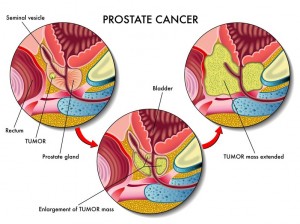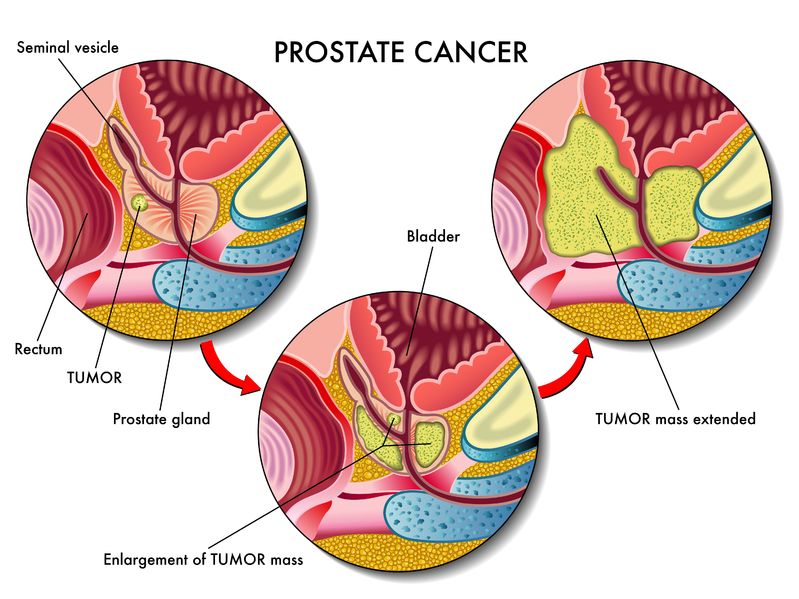A lack of sleep has been associated with serious health risks, including forms of cancer. Melatonin is the key hormone in regulating our body’s natural 24-hour clock; our sleep-wake cycle. It remains at high levels to help us sleep, and then decreases during the day. A new study has linked higher levels of melatonin with a lower risk of developing advanced prostate cancer.
Plenty of experimental studies were able to show that melatonin has a significant role in reducing cancer cell proliferation and preventing cell cycle progress in different cancers, including breast cancer. Study researcher Sarah C. Markt, M.P.H, noted that inconsistent melatonin production, interrupted sleep, and disrupted circadian rhythm impact the risk of developing cancer.
The new study included 928 Icelandic men who were participants in the AGES-Reykjavik cohort from 2002-2009. The researchers collected morning urine samples from participants to analyze morning melatonin levels, also called 6-sulfatoxymelatonin. Researchers monitored how many men developed prostate cancer during the study.
When the men answered questions about their sleep, it was revealed that 1 in 5 men struggle to stay sleep, 1 in 7 men had trouble falling asleep, and 1 in 3 men used sleeping medications.
Over the course of the study, 111 men developed prostate cancer, with 24 of those cases were advanced. The men who had higher levels of 6-sulfatoxymelatonin, were less likely to develop advanced prostate cancer. Researchers found that 6-sulfatoxymelatonin urine levels above 17.14 nanograms per milliliter of urine, was linked to a 31% decreased overall risk of prostate cancer and a 75% reduced risk of developing advanced cancer disease.
Sleep is the glue that holds us together and makes us our best! Remember that a lack of sleep adds up, and the idea of “catch up” sleep being effective is still debated by researchers. Make time to get 7-9 hours of sleep every night to reduce health risks and boost your productivity!



No comments yet.